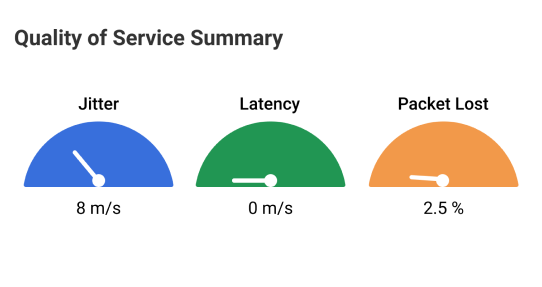Accelerate & Improve Network QOS Monitoring
Infraon NMS keeps your network traffic under check by continuously monitoring and analyzing – based on categories like the class of service. Easily deal with at-risk SLAs by tracking their progress in real-time – and without facing any obstacles.




